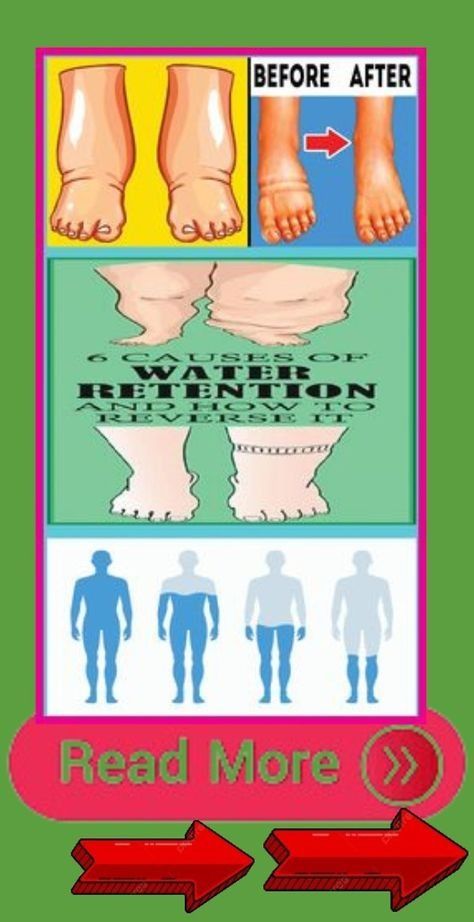Understanding and Managing Water Retention in Both Women and Men
Water retention, medically known as edema, is a condition characterized by the body holding onto more water than usual, leading to noticeable swelling in various body parts. This phenomenon can affect both women and men, and here are six reasons why it may occur along with tips for reversal:
1. Excessive Salt Intake:
- Cause: Consuming too much salt disrupts the balance between sodium and water levels in the body, leading to retention.
- Reversal: Reduce salt intake and increase water consumption to flush out excess sodium.
2. Physical Inactivity:
- Cause: Lack of movement can result in fluid accumulation, particularly in the lower extremities.
- Reversal: Regular exercise promotes blood circulation and helps maintain fluid balance.
3. Hormonal Changes:
- Cause: Women may experience water retention during menstruation or pregnancy due to hormonal fluctuations.
- Reversal: Regular physical activity, a balanced diet, and, if necessary, medications can help manage hormonal changes.
4. Chronic Conditions:
- Cause: Heart, kidney, or liver diseases can impact fluid circulation, leading to water retention.
- Reversal: Managing the underlying chronic condition through medications and lifestyle changes is crucial.
5. Side Effects of Medications:
- Cause: Certain medications, like those for high blood pressure, can induce water retention.
- Reversal: Consult with healthcare providers to adjust medications or explore alternative treatments.
6. Venous Insufficiency:
- Cause: Poor function of leg veins can result in fluid retention, swelling, and discomfort.
- Reversal: Measures such as compression stockings, exercise, and elevating legs can alleviate symptoms.
For individuals experiencing water retention, maintaining a balanced diet with adequate protein and monitoring carbohydrate intake is beneficial, as carbohydrates can bind to water in the body. When making health-related changes, consulting with healthcare professionals is advised, especially to rule out or treat any underlying conditions.
It is crucial for individuals to seek guidance from healthcare professionals for a proper diagnosis and personalized treatment plan, as this advice is general and may not be suitable for everyone’s unique health condition.



